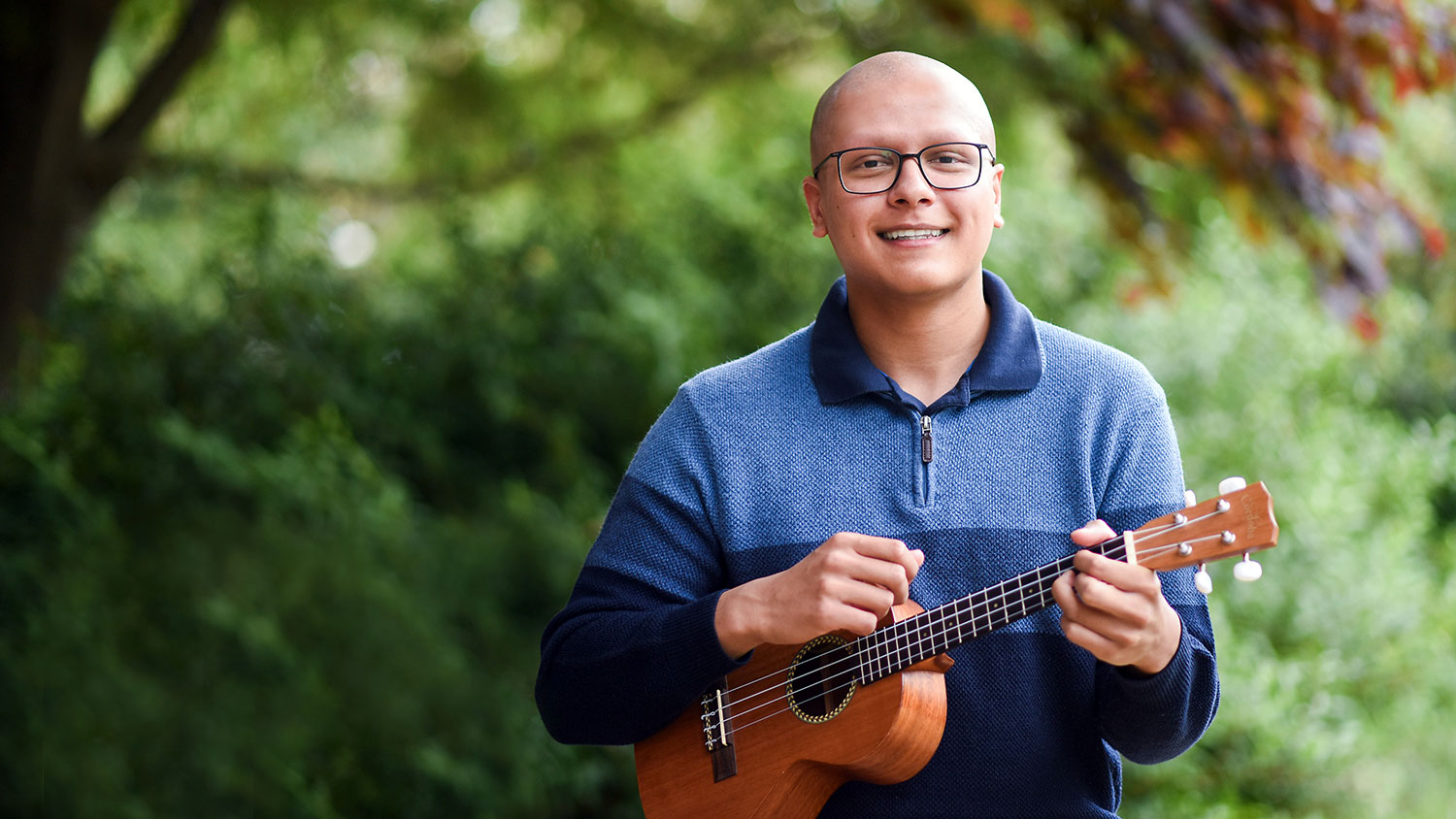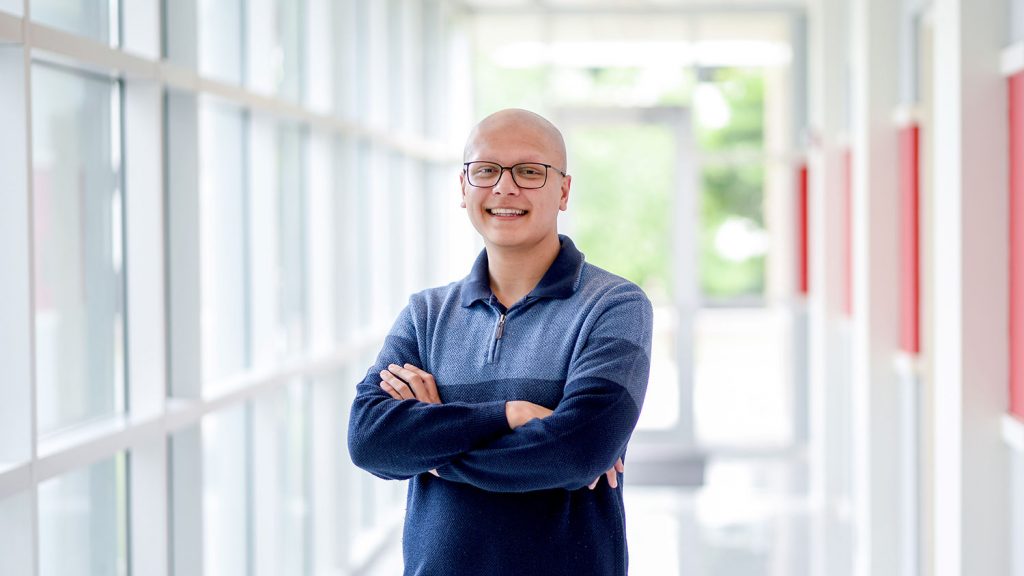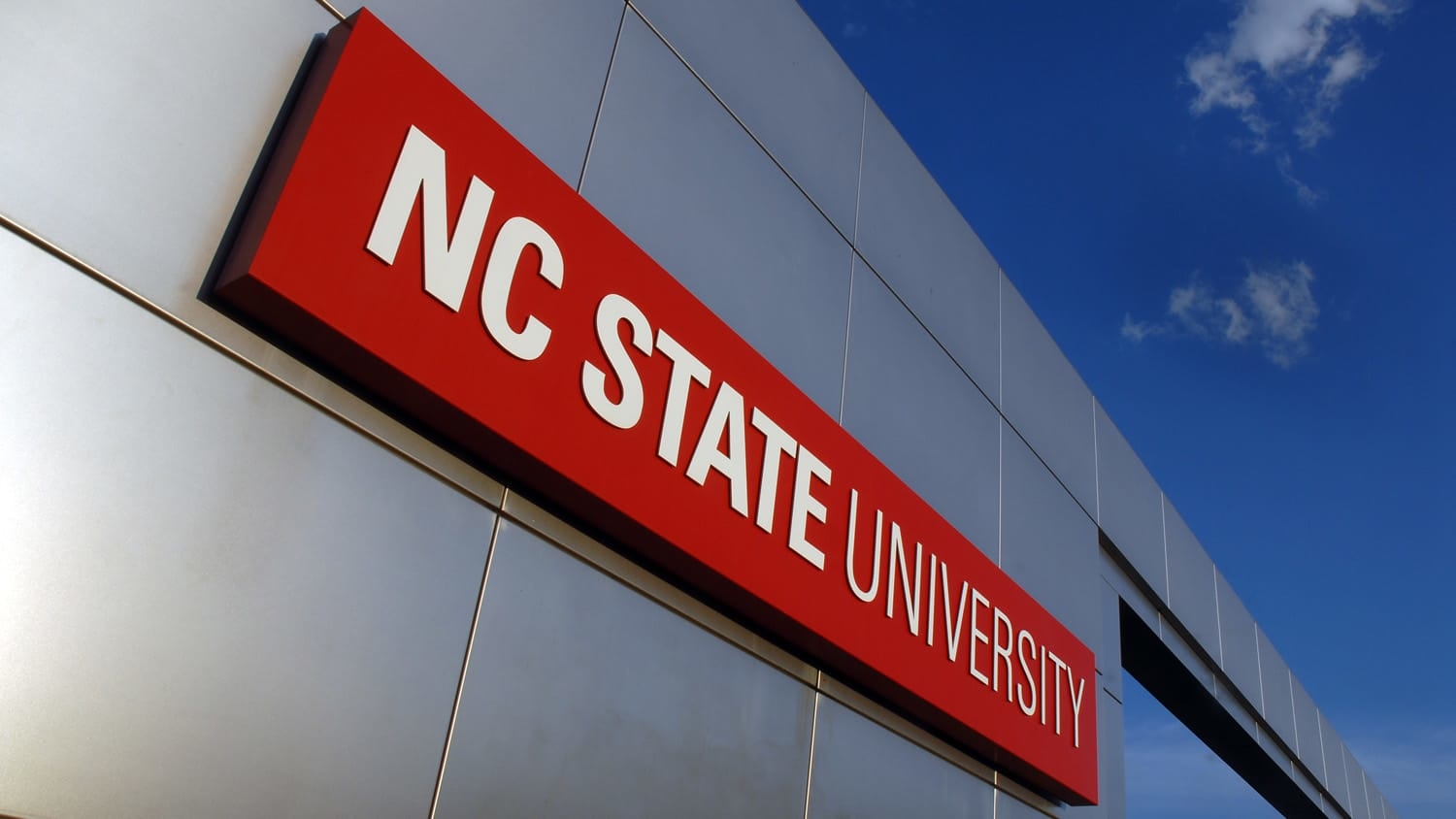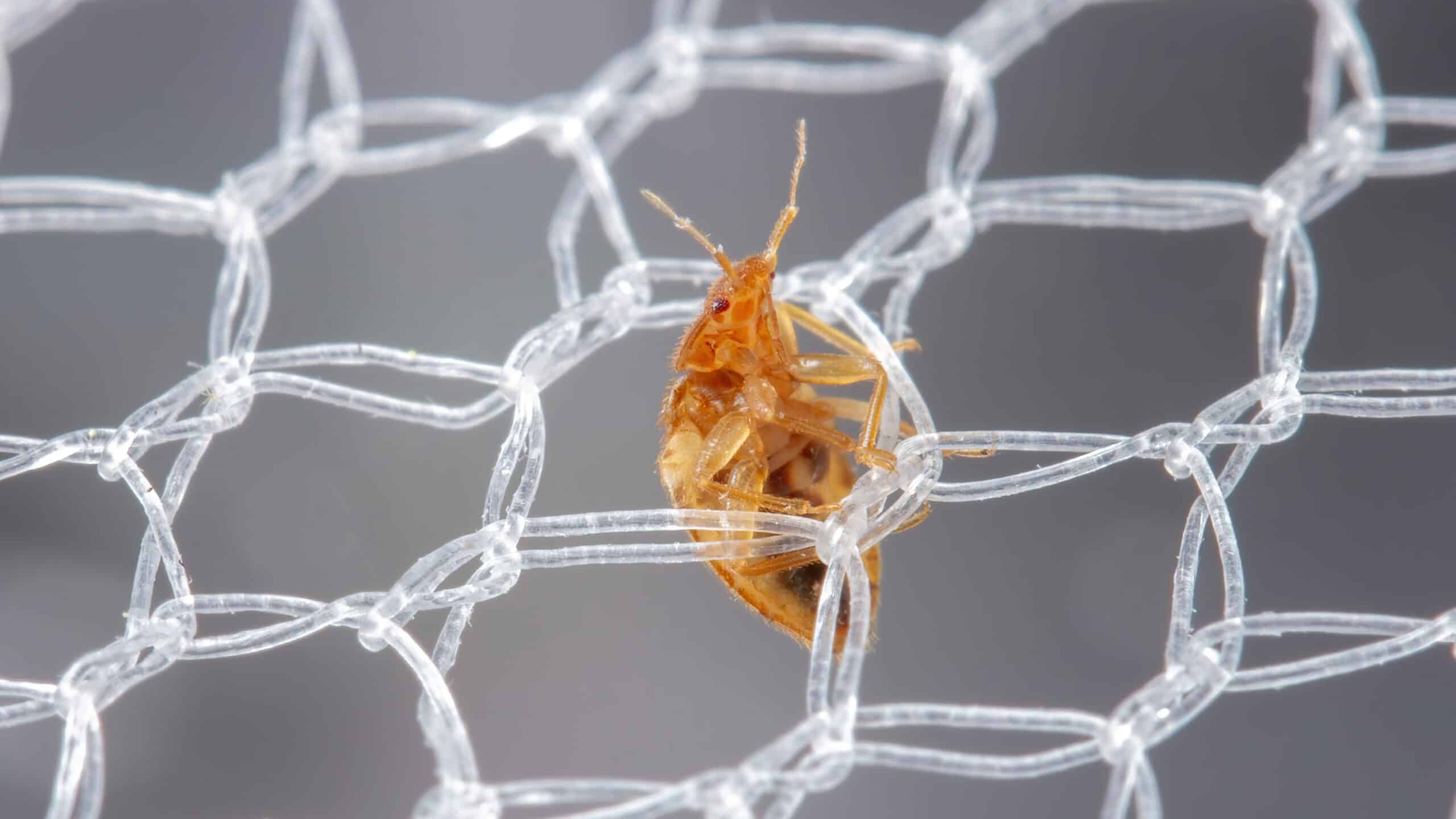Solving the Riddle of Genes

When Nikhil Milind was in sixth grade, he thought he’d be a computer scientist or software engineer — like his dad. A few years later, he began to get interested in biology. Luckily, he didn’t have to pick which subject to pursue.
“I got really lucky because I came in on a wave of scientific thought that focused on computational rigor in science,” he says. “When we’re able to collect a lot of biological data for a lot of samples, it becomes really important that we have people who are computationally savvy but can also understand biology.”
Milind is pursuing a double major in genetics and computer science and treading new ground in how scientists approach biological research. Along with stints in various labs, his resume includes several honors and awards, including the Park Scholarship. Now he can add one more: the prestigious Goldwater Scholarship that recognizes promising undergraduates in STEM fields.
A rising junior, Milind already has some experience in genetics. He conducts bioinformatics research under David Aylor, a biological sciences professor whose specialties include epigenetics — genome modification — and reproductive biology. Milind performs eQTL — short for expression quantitative trait loci — analysis on mice to study the relationship between genes and disease. He examines data from experiments to see if there are underlying genetic causes for the animals’ immune system responses to influenza and asthma allergens. He’s also looking at genes’ level of activity and their location within the DNA.
“We can associate variation in a trait with a specific location on a chromosome,” Milind says. “So basically we can say, ‘Hey, chromosome 20, this locus right here, this location, it’s maybe a gene that is actually driving that change and expression we’re seeing between the disease state and the normal state.’”
A Holistic Approach
Milind plans to pursue a doctorate in systems biology, which takes a holistic approach to biological components rather than studying them individually — a scientific take on the idea that the whole is greater than the sum of its parts. The emerging field examines biological systems, such as tissues, cells and molecules, and combines multiple disciplines so scientists can analyze a large number of changes in them simultaneously.
For Milind, it’s a way to apply the stability of computer science to the unpredictability of biology to attain his ultimate goal: greater understanding of complex diseases, such as Alzheimer’s, that stem from multiple genetic and nongenetic factors. His focus is not on finding cures so much as new ways of analyzing such diseases. New methodologies can lead to new understanding and solutions.
“I’m looking more of how to approach these problems correctly,” he says. “We can develop tool sets by informatics methods, ways of analyzing these diseases that we don’t understand yet.”
‘Science for Service’
The mystery of Alzheimer’s spurred Milind to study complex diseases in the first place — more so than his own personal experience with them. Milind has alopecia areata, a nondeadly condition in which the immune system attacks hair follicles, causing hair loss. He keeps up with research into it, but his focus remains on Alzheimer’s. The disease affects almost 6 million Americans, according to the Alzheimer’s Association, and can be diagnosed conclusively only after death. Progress in understanding the disease would change lives — another motivation for Milind.
“Do I do science for service? Yes,” Milind says. He interned last summer at the Jackson Laboratory in Bar Harbor, Maine, doing research into late-onset Alzheimer’s disease. He watched fellow scientists advocate for their work before the Senate, and it made an impression on him.
“I was always worried that scientists just sit in a lab and are super focused on this one question they are trying to answer, and are they really connected with everything else that science means to us all?” Milind says. “I think that internship really showed me that, yes, a scientist can make significant differences if they’re working for a cause or some effect in the community.”
Helping communities is important to Milind. He does web and IT work for Service Raleigh, an annual day of volunteerism spearheaded by Park Scholars and Goodnight Scholars that helps local organizations. In India, where his parents are from and where he lived for 10 years, there is a philosophy of seva, or giving back without expecting repayment, that is a big part of his life. His scientific work is one way of putting seva into practice. He also acknowledges people who have supported him and credits them with helping him win the Goldwater.

“My parents,” he lists. “My sibling — she’s always been a driving force in my life. I have a community back at home. My co-chair at Service Raleigh — she was extremely supportive. People who have changed many parts of me have been super important to where I am today and these opportunities.”
The Goldwater Scholarship will likely bring about more opportunities, such as name recognition that Milind expects will help him pursue his goals. He’s also looking forward to networking with his fellow scholars around the country and talking to previous Goldwater winners.
And should his scientific goals fall through, Milind might be able to make a living off the arts. He is a classically trained violinist and pianist and can also play the guitar and ukulele. He hopes it won’t come to that though.
“I’d need to practice a bit more,” he says. “For sure.”
- Categories:


